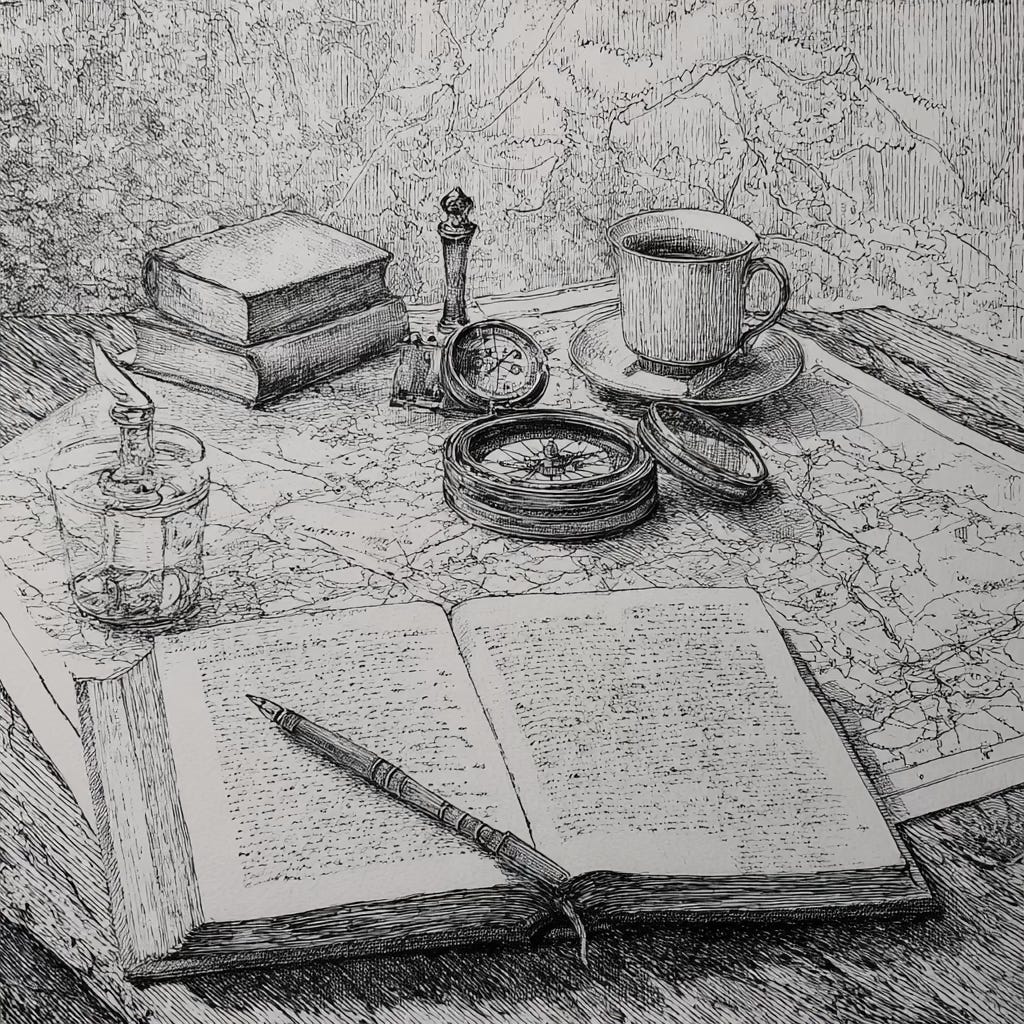Leaders, Educators and Artisans
Leadership and Education are Crafts, not Skills
When the world around us changes faster than we are ready for, it is easy to take refuge in the familiar, waiting for things to settle down.
At the moment, though, it looks like it will be a very long wait.
Some of the sturdiest shelters exist in the world of leadership education. Our ideas about leadership, how we think about it, and how we teach it, seem anchored in the last century: male, white, hierarchical. Leadership as a role that can be taught as a process, for which we can gain qualifications, but without sufficient attention to character, integrity, community or purpose. These qualities cannot simply be stated; they must be lived.
Leadership has much in common with craft. Both demand attention to detail, the desire to produce something that matters. They carry our signature and determine our reputation. Both require demonstrating not just competence but care and a willingness to be accountable. Not merely accepting accountability when challenged, but actively seeking it out.
This has always mattered, but perhaps now more than ever. We feel disconnected and adrift in a world of work in thrall to technology, surrounded by leaders who are self-proclaimed rather than those we are enthusiastic to follow. The leaders we need demonstrate that essential quality of having our back: not protecting us from risk, but sharing it with us, not seeing us as disposable.
I have spent time recently in workshops with such people, and it was a joy. We explored notions of uncertainty together: the spaces we can measure, those we cannot, and how we occupy the boundaries between them. The slides we used were artefacts for discussion, not facts. We talked about how risk can be measured and outsourced to hedging strategies and insurance, whilst uncertainty remains deeply personal, unique to each of us, as different worldviews collide.
There are enormous differences between leading institutions that possess real heft, anchored in communities through generations, such as education, agriculture, medicine, local governance, and those that are transient and mobile, whose temporary existence is defined by money and the pursuit of unicorns rather than treating capital as a tool to achieve something more enduring.
Those who work within rooted institutions face a particular challenge. They inhabit ecosystems that will not be commanded. These systems respond in different rhythms of time, and they have more options and more time than we do.
Dancing with complexity and uncertainty demands the sensitivities of craft, not the certainties of the strategist.
Leadership is often seen as what we do when we get promoted from management, as if it were somehow a step up. The reality is different: leadership is a privilege and responsibility for the welfare of others, not just individuals but groups, communities and, as with those I was working with recently, the natural capital we take for granted as we rush to financialise it.
Management, properly understood, deserves more respect than we give it. If more people took management seriously and emerged from under the safety blanket of “leadership” to see what they are actually causing, we might make more progress. Management is fine for making camp, for tending what we have. But eventually the resources run out, and we must move somewhere else. That is when we need something different.
As Camus wrote: “Don’t walk in front of me, I may not follow. Don’t walk behind me, I may not lead. Walk beside me and be my friend.”
In complexity, when we are working with ecosystems, we must be their friend. We must walk beside them, attending to what they reveal rather than commanding what we wish them to become.
This is also true of education, particularly leadership education. When things are uncertain, encoding what was right yesterday becomes a kind of insanity: repeating the same thing again and again, hoping for different results.
The idea of the appointed leader is a facet of the industrial age, combined with stale thinking, yet we continue to teach it as if the world had not changed.
Whether we are speaking of leadership or education, in areas with heft, the craft lies in understanding the journey we must make without knowing the destination, and feeling our way towards it. Not through rigid processes and qualifications, but through character developed over time, through attention paid to what matters, and through accountability sought rather than merely accepted.
This is the territory we are exploring at The Athanor: understanding journeys without known destinations, developing the sensitivities that complexity demands, attending to character and craft rather than credentials and strategy. It is a place for questions, contributions and caring, not answers, because the world has changed and continues to change.
If the idea appeals, have a look.


